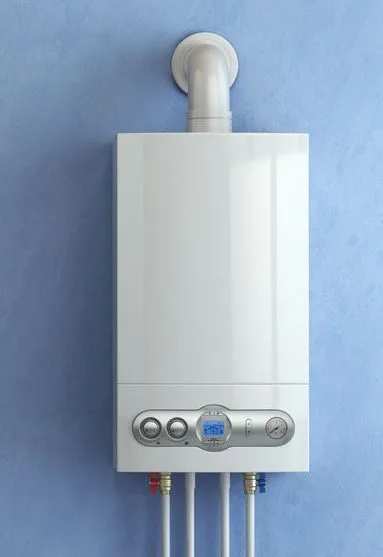Choosing a new boiler can be a difficult task especially with the variety of options available and the significant investment involved. Whether you’re upgrading an old system or installing a new one, understanding the factors that influence boiler costs is essential. A new boiler Bristol is important because it offers improved energy efficiency, potentially leading to lower energy bills and reduced carbon emissions. It also provides increased safety, enhanced reliability, and may even boost property value. This article will guide you through the key elements that affect the price of a new boiler, helping you make an informed decision.
This article will guide you through the key elements that affect the price of a new boiler, helping you make an informed decision.
1. Type of Boiler
The type of boiler you choose plays a crucial role in determining the overall cost. There are several types available:
Combi Boilers: These are compact and provide instant hot water and heating, making them popular for smaller homes. They tend to be more affordable upfront but may not be suitable for larger households.
System Boilers: These require a hot water cylinder but do not need a cold water tank. They are ideal for homes with multiple bathrooms and typically have a higher initial cost due to the additional components.
Regular Boilers: Also known as traditional or conventional boilers, these are suitable for larger homes with high hot water demands. They usually have the highest installation costs due to their complexity.
2. Boiler Size and Output
The size of the boiler is another significant factor affecting its price. A boiler must be appropriately sized for your home to ensure efficiency and effectiveness. If you select a unit that is too small, it may struggle to meet your heating needs, while an oversized boiler can lead to unnecessary energy costs. When pricing a new boiler, consider both the heating output and the size of your property.
3. Energy Efficiency Ratings
Energy efficiency is a critical consideration when selecting a new boiler. Modern boilers come with energy efficiency ratings that indicate how much fuel they convert into usable heat. Higher-rated models (A-rated) may have a higher upfront cost but can lead to significant savings on energy bills over time. Investing in an energy-efficient boiler not only reduces your carbon footprint but also enhances your long-term savings.
4. Installation Costs
Installation costs can vary widely depending on several factors, including:
Location: The complexity of installation can increase based on where you live. Urban areas might have higher labour costs compared to rural locations.
Existing Infrastructure: If you’re replacing an old boiler, the existing pipework and flue system may need updating or modifications, which can add to installation costs.
Professional Fees: Hiring a qualified installer is crucial for safety and efficiency. While it may seem tempting to cut costs by opting for less experienced installers, this could lead to issues down the line.
Final Thoughts
When considering what affects the cost of a new boiler, it’s essential to evaluate various factors including type, size, energy efficiency and installation costs.
By understanding these elements, you can make an informed decision that balances initial investment with long-term savings and efficiency. Taking the time to research and compare options will ensure that you choose a boiler that meets your needs while fitting within your budget.





